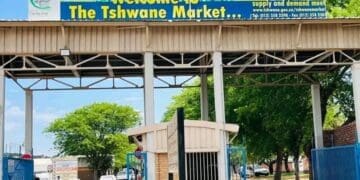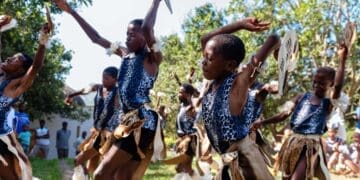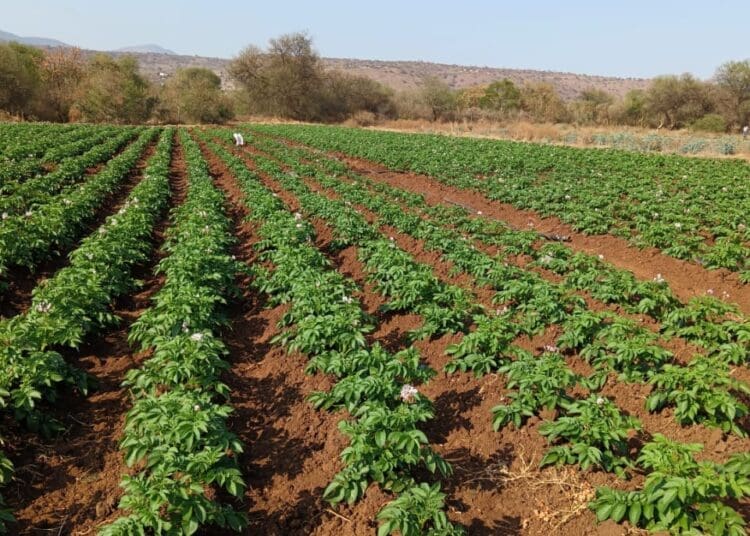Nosihle Zulu
Youth farmer Snenhlanhla Khanyile from uMsinga in KwaZulu-Natal is hopeful that emerging farmers in the province will benefit from the government’s programmes following the delivery of the budget by finance MEC Francois Rodgers.
“Ahead of this year’s budget, I sought public input from across KwaZulu-Natal, and I was particularly pleased to see such strong engagement from the youth,” Rodgers remarked.
Khanyile, who is an emerging farmer from uMsinga, expressed her optimism upon hearing Rodger’s support for youth in agriculture, but also shed light on the numerous challenges facing young farmers like herself.
“We are passionate about farming, but the obstacles we face like plant diseases, pests and the high costs of necessary remedies, are significant barriers to success,” Khanyile explained.
“The solutions to these problems are often expensive, and without financial support or upskilling, we are left struggling to overcome them.”
Khanyile also spoke about the unpredictability of weather, which added to the pressure.
“Hail, storms and floods devastate our crops and our investments both financially and emotionally,” she told Vutivi News.
“To make matters worse, there is no assistance to help us recover, and we are left to scrape together funds to rebuild, which feels like a major setback.”
Despite these setbacks, Khanyile remains determined to succeed. She highlighted that the lack of support in the agricultural sector has made it challenging to recruit and encourage new farmers.
“With over four years of experience, I’ve yet to achieve significant success, not because of a lack of effort, but because of the many hurdles that I face alone,” she said.
The famer is hopeful for change.
“We desperately need empowerment to overcome these challenges, improve our harvest and become suppliers to large markets one day. My current small-scale potato and cabbage farm is just the beginning. I want to grow on a larger scale and provide job opportunities for other young people and teach them the importance of farming and caring for the land,” said Khanyile.
“I want to represent the youth of uMsinga in agriculture, and we would deeply appreciate any support that would help us reach our full potential.”
In response to such calls for empowerment, Rodgers also announced that the Government of Provincial Unity, alongside national counterparts, was working on a new public-private partnership policy aimed at fostering inclusive economic growth.
The policy would focus on collaboration with the private sector, with youth empowerment at its core.
Harry Gwala Agri (HGA) programme director Dylan Weyer told Vutivi News that access to finance continued to be a major obstacle that prevented the organisation from achieving its goals.
As a non-profit organisation (NPO), HGA depends entirely on financial support from four commercial farmers and five private companies. This limited funding allows the programme to train only 20 students per year from KwaZulu-Natal, despite receiving thousands of applications.
Weyer said the NPO was actively seeking larger funding partners to help expand its reach to other provinces.
He also stressed the urgency for funding, especially because most students came from disadvantaged backgrounds.
Weyer pointed out that the current stipend was insufficient to make a meaningful impact on student’s lives and most depend on stipend and government grants..
He said HGA had two main initiatives. HGA Learn provided agricultural students with the essential workplace experience needed to improve their employability, and HGA Grow helped rural households grow their own food to integrate them into the local economy.
Together, these programmes focused on enhancing both student development and community empowerment.
Weyer had words of encouragement for aspiring farmers: “Farming requires patience and the courage to start small.”































































